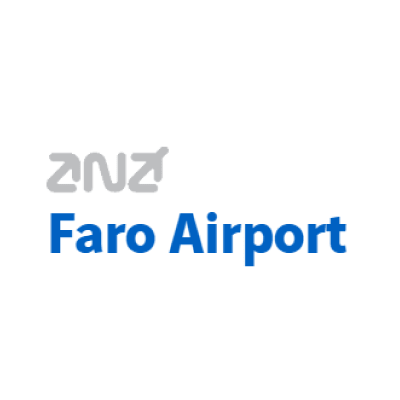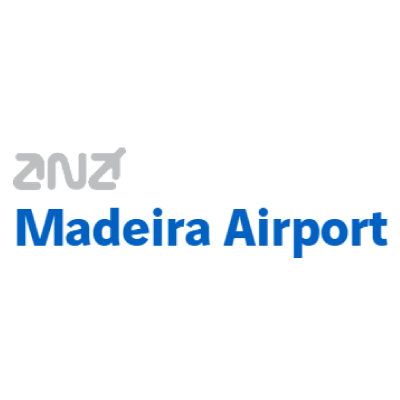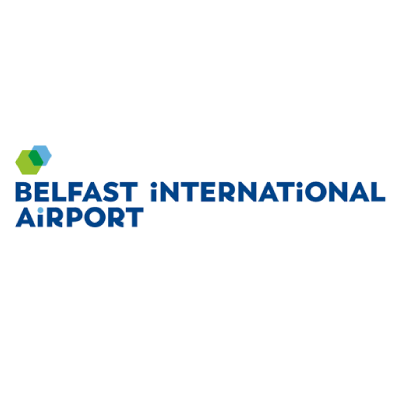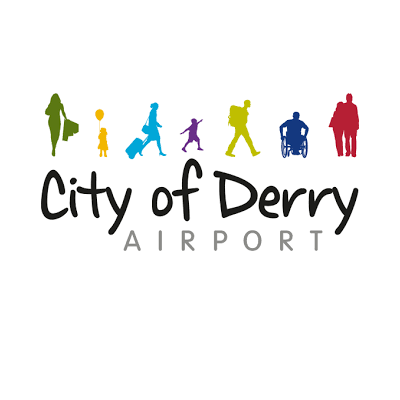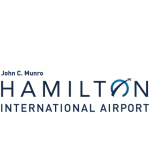Thanks to increased mobile usage and changing consumer behaviours following the COVID-19 pandemic, last-minute travel bookings are on the rise. According to Hotwire, Millennials are fueling the surge in last-minute, quick getaways, with 84% claiming to have booked a trip one week or less from their departure date.
But why are travellers choosing to book last-minute, and what can your airport do to ensure you’re making the most of this soaring travel trend? Stick with us as we delve into the motives behind last-minute travel bookings and share our top tips for improving your booking conversions.
Why do travellers book last minute?
The first (and most obvious) reason travellers book last minute is to save money. Customers often assume they’ll get a better deal if they wait to book flights, hotels and holiday packages at the last minute. And this is often the case – particularly if airports and accommodation providers want to fulfil their capacity levels. However, some airports, airlines and hotels prefer to offer better deals to early bookers instead.
Another reason for the increase in last-minute travel bookings is the uncertainty caused by the COVID-19 pandemic. Although the travel industry is ‘getting back to normal’ now, lockdowns and new variant waves over the past couple of years have seriously knocked consumer confidence, with many people avoiding booking a trip until they’re 100% sure they’ll be able to travel.
But on the flip side, the pandemic may have also encouraged people to travel more spontaneously. After two years spent under varying travel restrictions, many will revel in the fact they are now free to go wherever they please and have reevaluated their values, making seeing more of the world a top priority. New statistics show that 89% of Americans intend to be more spontaneous with travel bookings, and 35% said they’d happily drop everything for a holiday in 2021.
Last-minute bookings via mobile
Over the last few years, we have seen an explosion in last-minute mobile travel bookings. Google reported that travel-related searches, including the keywords ‘tonight’ and ‘today’, have increased by an astonishing 519% in the past five years. It also added that many of these searches originated on mobile devices in the destination city, suggesting travellers really are leaving booking their hotels and accommodation until the very last minute.
Further findings from Google show that 72% of mobile bookings happen within 48 hours of last-minute searches, including the keywords ‘tonight and ‘today.’ However, despite more consumers researching and intending to book last-minute trips on their mobile phones, many businesses are struggling to convert them into paying customers. Mobile conversion rates are as low as 0.7%, suggesting that many airports, airlines, and hotels fail mobile customers with a less than satisfactory booking journey.
5 ways to engage last-minute bookers
We know that customers are keen to book last-minute, and many are using their mobile phones to make their travel plans, so what can your airport do to ensure it’s engaging with this captive audience?
1. Connect with customers via email marketing
When deploying a last-minute marketing strategy, one of the most important rules is to determine your target audience and ensure you’re pitching them the right deal. Use data analytics and customer behavioural trends to get to know your customers, and decide:
- Who is likely to make a last-minute travel booking?
- What type of last-minute deal are they most likely to be interested in?
Email marketing is considered the most effective way to acquire and retain customers. However, the best results come from customer segmentation – ensuring you’re delivering the right content, to the right customer, at the right time.
Send hyper-personalised email marketing content featuring last-minute deals and destinations your customers are likely interested in. This could include travel guides with beautiful imagery, user-generated content and social proof to gain their trust, and VIP offers, making your customers feel valued and important.
Use Rezcomm’s state of the art Drag-and-Drop Email Builder to create engaging and dynamic travel marketing emails at speed and gain valuable insights on your last-minute travel campaign’s performance with reports from our Email Sending Service.
2. Run promotions around upcoming holidays and special events
Holidays like Valentine’s Day, Christmas and New Year are a great time to run last-minute promotions. Spend time carefully crafting your last-minute offers to be relevant to the holiday and appealing to the customer. For instance, two-for-one deals are likely to be most attractive in the run-up to Valentine’s Day, when customers will likely be travelling as a couple.
It’s also worth experimenting with deal deadlines. Try lowering the price for a while or running a flash sale. Use countdown timers in your email marketing, on your website via a pop-up and on social media to create a sense of urgency and encourage customers not to miss out on your last-minute holiday offers.
3. Optimise your SEO keywords
With 90% of people researching holidays online, it pays to be visible in online searches for last-minute getaways.
Work your last-minute booking promotions into your airport’s SEO strategy. First, you’ll need to research the best-related keywords and phrases to use and include them naturally within your content. Focusing on relevant long-tail keywords and phrases will help capture customers ready to make a last-minute booking, rather than merely researching their options.
4. Promote your airport’s last-minute travel deals on social media
Social media has changed the shape of the travel industry, with a third of people using it for travel inspiration and ideas. What’s more, 84% of people claim to consult travel influencers for recommendations on trips, proving that social media has a critical role in the ‘active evaluation’ stage of the customer lifecycle.
It, therefore, makes sense that your airport is promoting its last-minute deals to customers on social media. But, be careful not to constantly sell, sell, sell. After all, social media is about being ‘social.’ Find other ways to engage your followers while keeping your offers on their minds. For example, consider sharing helpful, inspiring and engaging travel guides related to your last-minute offers. User-generated content is also great for increasing followers’ trust in your business.
To extend the reach of your organic travel content on social media, you might want to consider boosting your posts or setting up a paid ad. It may also be worth creating dedicated landing pages that followers can quickly click through to discover more about a specific destination or deal. Landing pages also make it easier to track engagement and conversions from social media to determine how effective your campaign is.
Add unique content to the landing page and have a clear call to action to book a flight, hotel or purchase airport parking (depending on what your last-minute offer is.) You might also want to use the landing page to gather the marketing permissions of visitors, so you can send them future marketing emails and start building more detailed customer profiles.
5. Make sure your airport ecommerce website is mobile-friendly
Remember, travellers who book late typically use their mobile devices. They often look for a hotel that day or that night, so they need to complete their bookings quickly via their mobile.
Review your airport booking system and make sure it is fully optimised for mobile. For example, is it easy for customers to search for flights, hotels, airport parking and other travel ancillaries? Can they enter their details and make a payment without enduring too many steps?
If in doubt, get in touch with Rezcomm. Our plug-and-play airport marketplace is mobile-friendly and designed to swiftly funnel users from the consideration to the booking stage for maximum conversions.
Make the most of last-minute travel bookings with Rezcomm
During this recovery period and beyond, airports must not overlook the value of late travel bookings. Use the tips above to grow your share of the last-minute getaway market, and stand out amongst your competitors as the go-to airport for easy mobile bookings.
Are you interested in exploring the potential of last-minute getaways for your airport? Contact our experts to learn more about our marketing platform for airports and dedicated travel marketing support.

